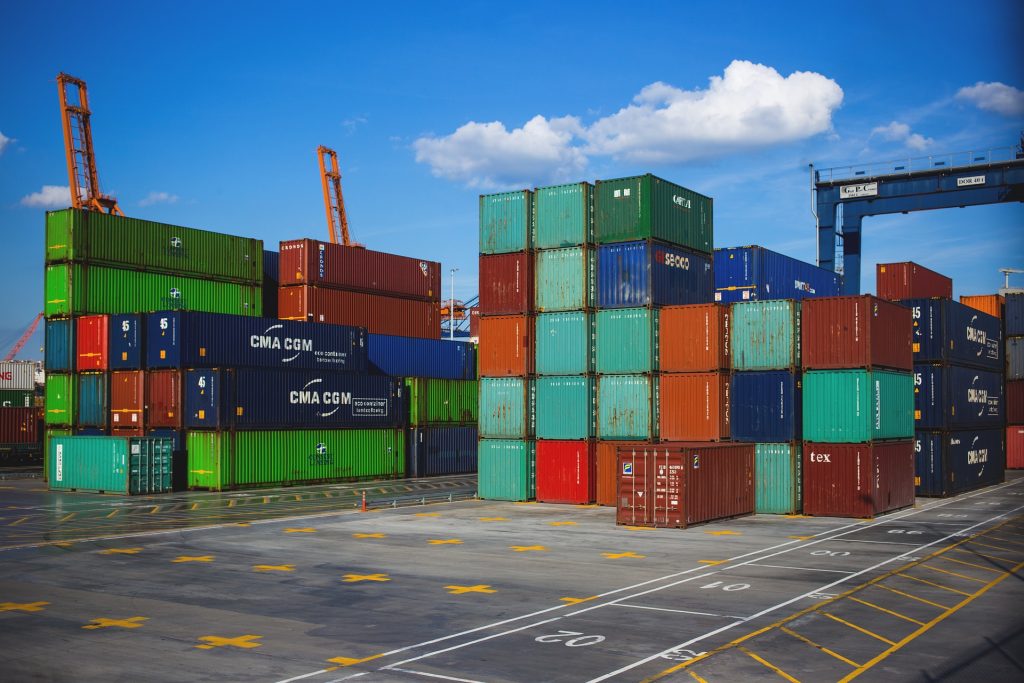The slowdown has shown no signs of ebbing. Every shred of data that keeps coming to public domain looks more depressing than the earlier. Government data released Wednesday showed India’s exports dropped 1.8 per cent to $27.36 billion in December 2019, the fifth straight month of contraction, on account of a significant fall in shipment of plastic, gems, jewellery, leather products and chemicals. Imports too fell for the seventh consecutive month down 8.83 per cent at $38.61 billion. On Tuesday, wholesale price index touched a seven-month high of 2.59 per cent in December. Earlier this week, retail inflation shot to 7.35 per cent in December — the highest in six years, breaching the Reserve Bank of India’s target band of 2 per cent to 6 per cent. The food inflation rate was at 14.12 per cent compared with 10.01 per cent in the previous month, largely on account of higher prices of vegetables and pulses.
Retail inflation has breached the target at a time when growth has substantially slowed down. Every institution starting from World Bank, Asian Development Bank to RBI to government’s own data has put GDP growth at record low. No doubt, economy is in deep trouble. This is a different matter though the government continues to remain in a state of denial. It is obsessed with politics and keeps dabbling in controversial issues like Citizenship Amendment Act, NRC/NPR that have sharply polarised the country. At a time when the nation’s economic health is deteriorating with every passing day, the least the government should do is to acknowledge this and stop playing with politically-charged issues to deflect attention. RBI Governor Shaktikanta Das, last week went on record stating that the central bank’s primary objective is to ensure price stability and the rising inflation numbers are disproportionately affecting the poor. In this backdrop, unless there is a sharp correction in inflation numbers, which looks unlikely in the near term, RBI’s monetary policy review scheduled for February 6, a few days after the Union Budget is presented in Parliament, may raise the rates — a sure dampener for economic growth. After cutting policy rates by as many as 135 points since February last year, the monetary policy committee (MPC) of the RBI kept the interest rates unchanged in December, largely due to inflation risk. Now that the inflation number has shot way up its target, it is likely that the panel will either hold on to the current rates or raise it in February.
Union Finance Minister, thus, will have a tough task of addressing both slowing economic growth and rising inflation. Low inflation has been one of the talking points of this government. For most part of its tenure, headline inflation remained within RBI’s comfort level. But that seems to be past now. A runaway rise in food prices like onions and potatoes, the second and third most used kitchen items, after wheat, has thrown house budgets out of gear. One of the prime areas that the government will try to address through the upcoming Budget is to tame inflation. While the central bank is mandated to keep inflation under leash, its results have so far been muted. Things need to be done to remove supply side constraints. The government should look at areas like enhancing food supply, agricultural market-based pricing, crackdown on hoarding and reducing price distortions. A strong rupee also goes a long way to cool inflationary outlook. Another focus area of the government could be to get back growth momentum. But that will be predicated upon a multiplicity of factors. A soft lending environment, a cut in personal tax rates, among others, can trigger economic growth. Inasmuch as the current economic slump is due to a suppression in consumption demand, the Budget will do well to cut personal income tax so that more money is left in the hands of consumers. Analysts opine that instead of a flat personal tax which is being talked about for some time now, a raise in exemption limits could benefit a wide spectrum of consumers. Rs 1.50 lakh exemption limit under 80C may be jacked up to Rs 2.50 lakh. However, the shoestring revenues of the government may not allow it to cut personal income tax. The upcoming Budget, thus, will be a real tightrope walk for the government.
